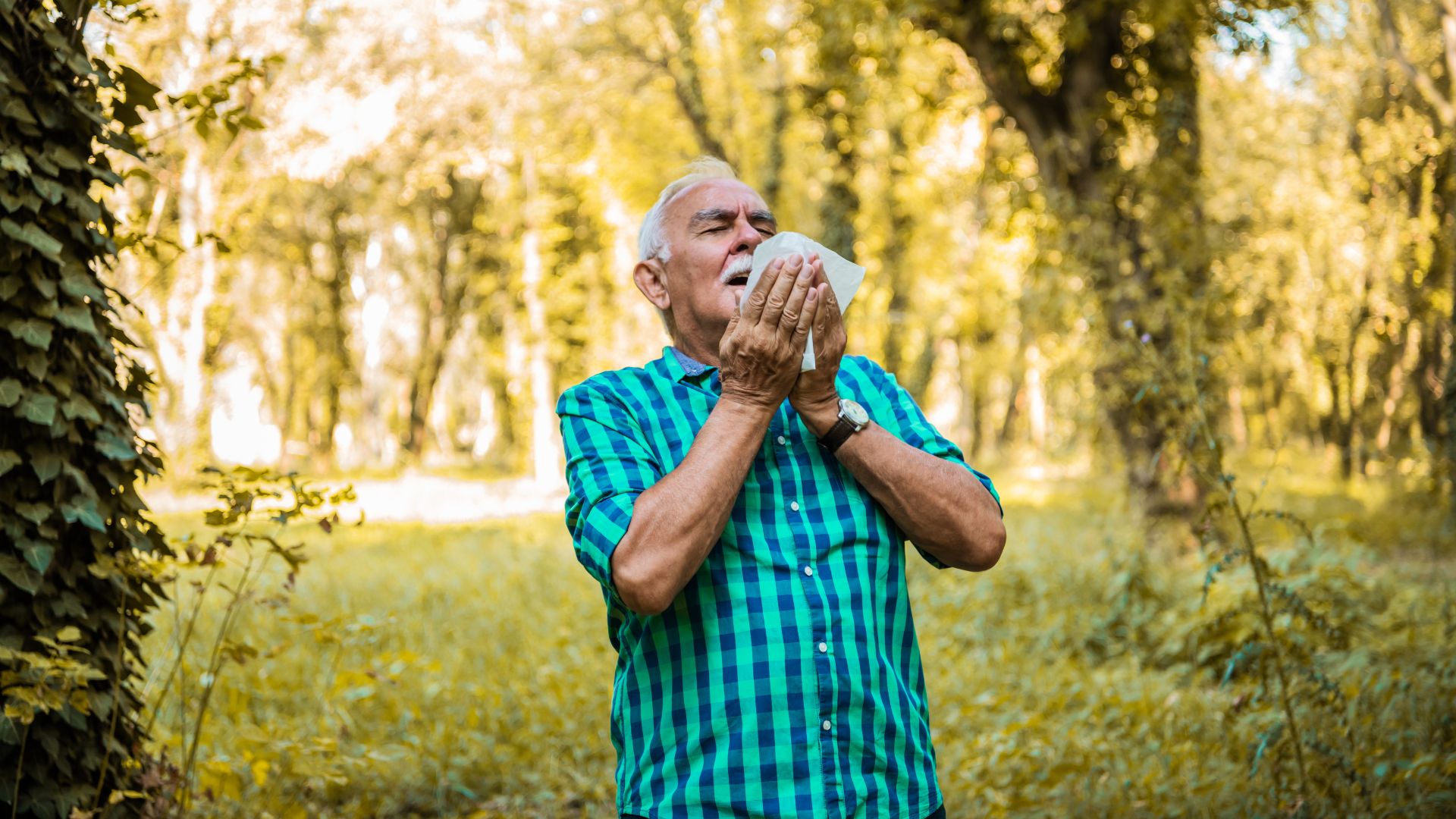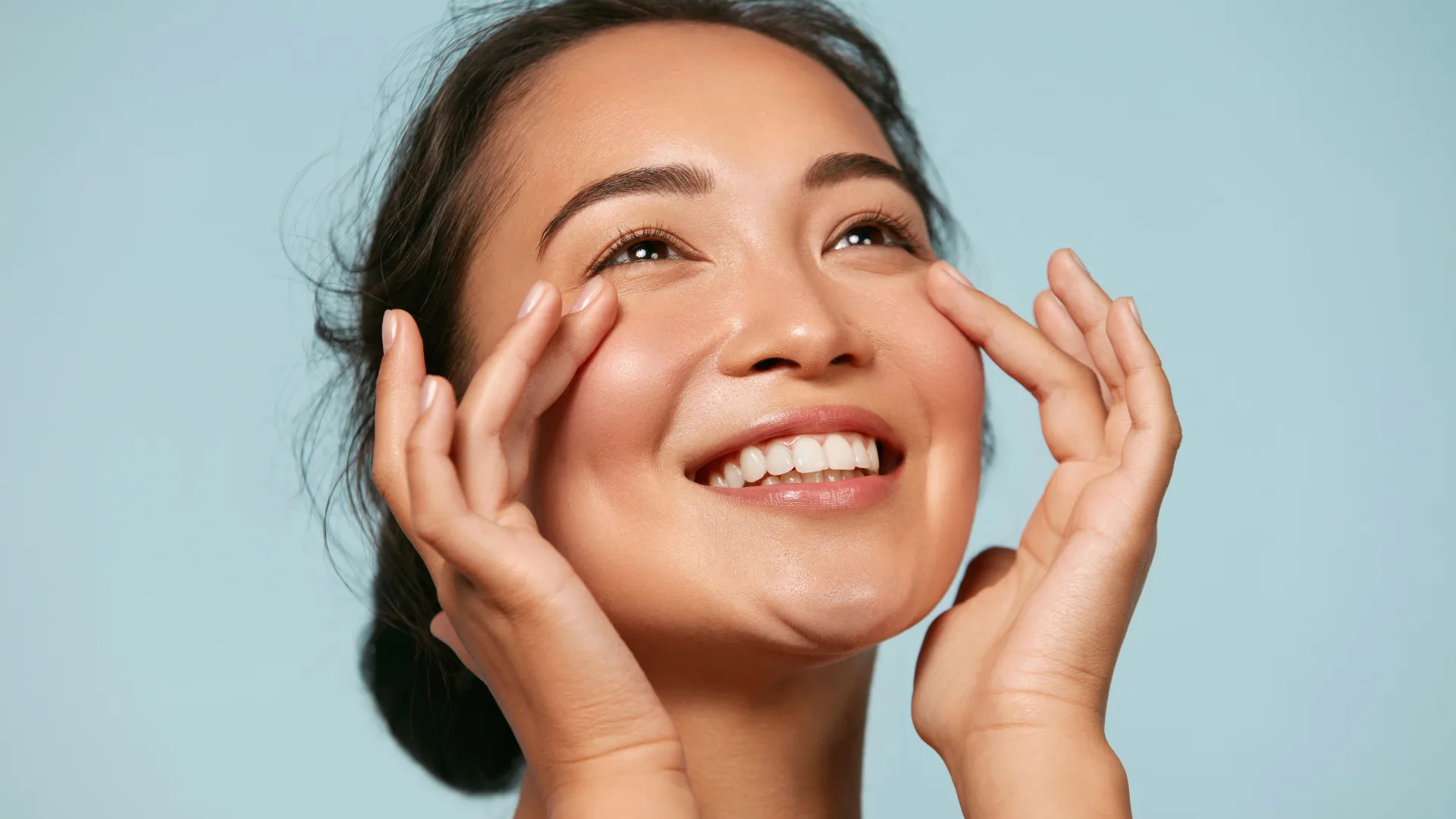Fall brings beautiful colours and cozy vibes, but it also means fall allergies for many. Pollen from ragweed and mold spores can trigger sneezing and itchy eyes. Historically, people have struggled with these symptoms as the seasons change. Thankfully, there are natural ways to combat fall allergies that don’t involve harsh medications. Simple changes in your routine can make a big difference. From using local honey to keeping your home clean, these tips can help you enjoy the season without the sniffles. Let’s dive into effective strategies to breathe easier this fall.
Understanding Fall Allergies
Seasonal allergies occur when the immune system reacts to allergens in the environment. Common symptoms include sneezing, runny nose, itchy eyes, and congestion. These symptoms can disrupt daily life and affect overall well-being.
Histamines play a crucial role in this process. When allergens enter the body, the immune system releases histamines. This response causes blood vessels to expand, leading to inflammation. The result is the familiar discomfort of allergy symptoms.
By late summer and into fall, ragweed pollen takes over. Ragweed can travel long distances, affecting people far from its source. By knowing the steps to take against fall allergies, individuals can reduce their discomfort. Keeping windows closed, using air purifiers, and washing bedding regularly are effective strategies.
Recognizing Allergy Triggers
Common Allergens
Many allergy triggers emerge in the fall. Pollen from trees and weeds can cause significant issues. Mold spores also rise during this season, especially in damp areas. Pet dander is another common allergen found in many homes. These allergens can lead to typical allergy symptoms like sneezing and itchy eyes.
Environmental Factors
Environmental factors play a big role in worsening allergies. Poor air quality increases the severity of allergic reactions. High humidity levels can make mold thrive, contributing to allergic rhinitis. It’s important to monitor local air quality reports during allergy season. This awareness helps manage exposure to potential allergens.
Tracking Symptoms
Awareness of personal triggers is essential for managing allergies. Keeping a symptom diary can be beneficial. Write down when symptoms occur and what you were exposed to at that time. This practice helps identify specific food allergies or home allergens that may affect you. It can also reveal patterns related to seasonal allergies.
Natural Ways To Combat Fall Allergies
Hydration Strategies
Drinking plenty of water helps alleviate allergy symptoms. Hydration keeps mucus thin, making it easier to breathe. Eating hydrating foods like cucumbers and watermelon can also support your body. These foods contain high water content, which aids in keeping the airways clear.
Vitamin C
Incorporating Vitamin-C-rich foods into your diet strengthens your immune system. Foods like oranges, strawberries, and bell peppers are excellent sources. They help combat allergens and reduce inflammation. Regular intake of these fruits can make a noticeable difference in how you feel during allergy season.
Quercetin Benefits
Quercetin is a beneficial compound found in many fruits and vegetables. It may help regulate histamine levels in the body. Foods rich in quercetin include apples, onions, and kale. Adding these to your meals can provide natural allergy relief ideas. This compound acts as a natural antihistamine, reducing the severity of symptoms.
Natural allergy remedies can be effective for those suffering from seasonal allergies. By staying hydrated, eating Vitamin-C-rich foods, and including quercetin in your diet, you can support your body’s system against allergens. These simple changes can lead to significant relief during allergy season.
Strategies To Minimize Exposure
Air Filters
Using high-quality air filters in homes is essential. These filters trap dust, pollen, and other airborne allergens. HEPA filters are particularly effective. They can remove up to 99.97% of particles that are 0.3 microns or larger. Regularly changing these filters ensures they work efficiently.
Showering
Showering before bed helps remove pollen from your skin and hair. This simple practice reduces the amount of allergens you bring into your sleeping space. A quick wash can significantly decrease nighttime allergy symptoms. It’s a proactive step to keep your environment clean and comfortable.
Windows Closed
Keeping windows closed on high-pollen days is crucial. Open windows allow allergens to enter your home easily. Instead, use air conditioning to filter indoor air. This method maintains a comfortable temperature while minimizing exposure to outdoor pollutants.
Conclusion
Fall allergies can be a real pain, but you’ve got the tools to tackle them naturally. Understanding your triggers and using remedies can make a world of difference. Plus, by minimizing your exposure, you can enjoy the beauty of fall without the sneezes and sniffles.
If you are suffering from fall allergies, our Seasonal Allergy Prevention Program might be right for you! To receive professional help in the Pickering region, contact Dr. Cecilia Ho today to resolve your seasonal allergies. Call Dr. Cecilia Ho at 905-492-8688 to learn more!









